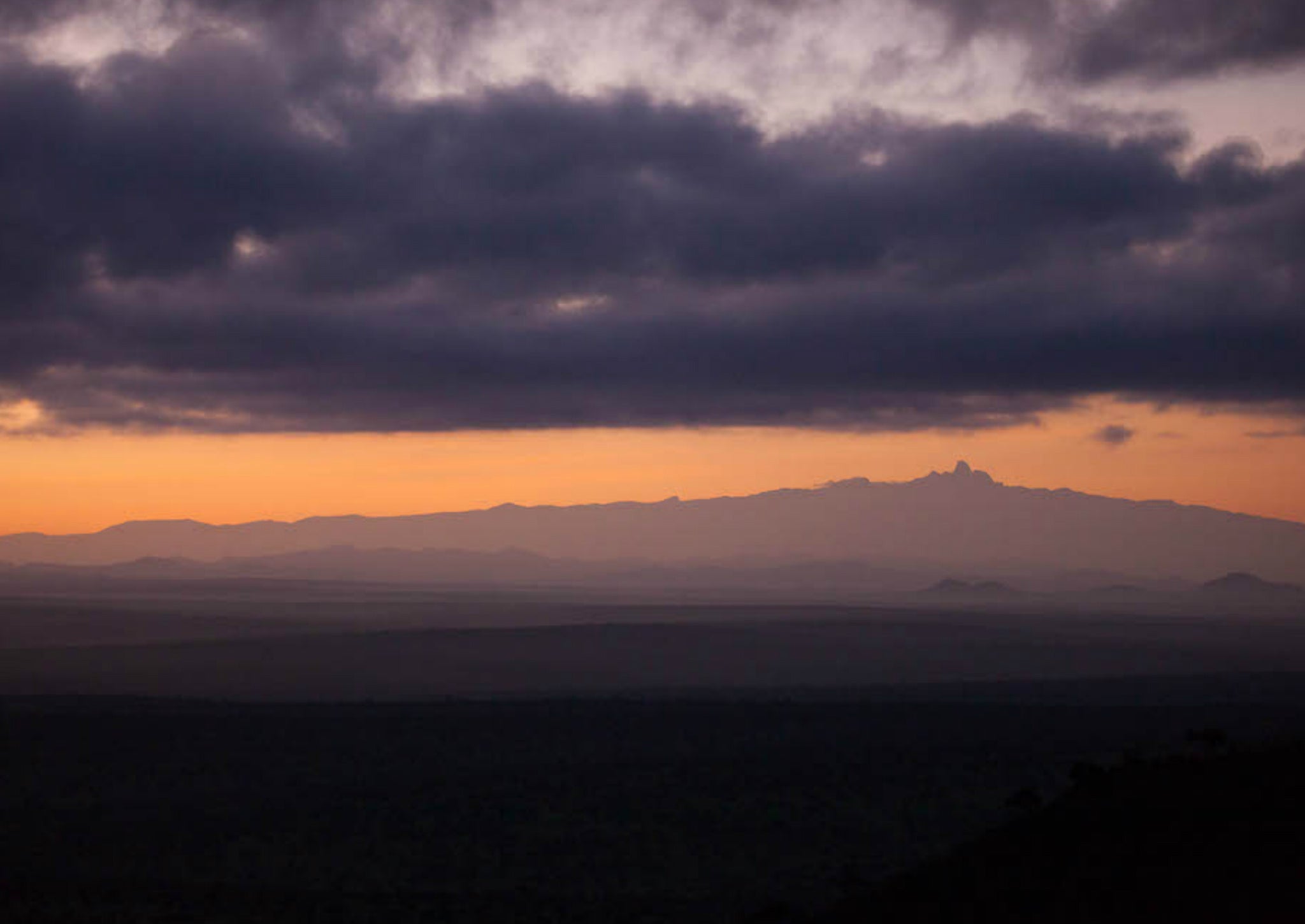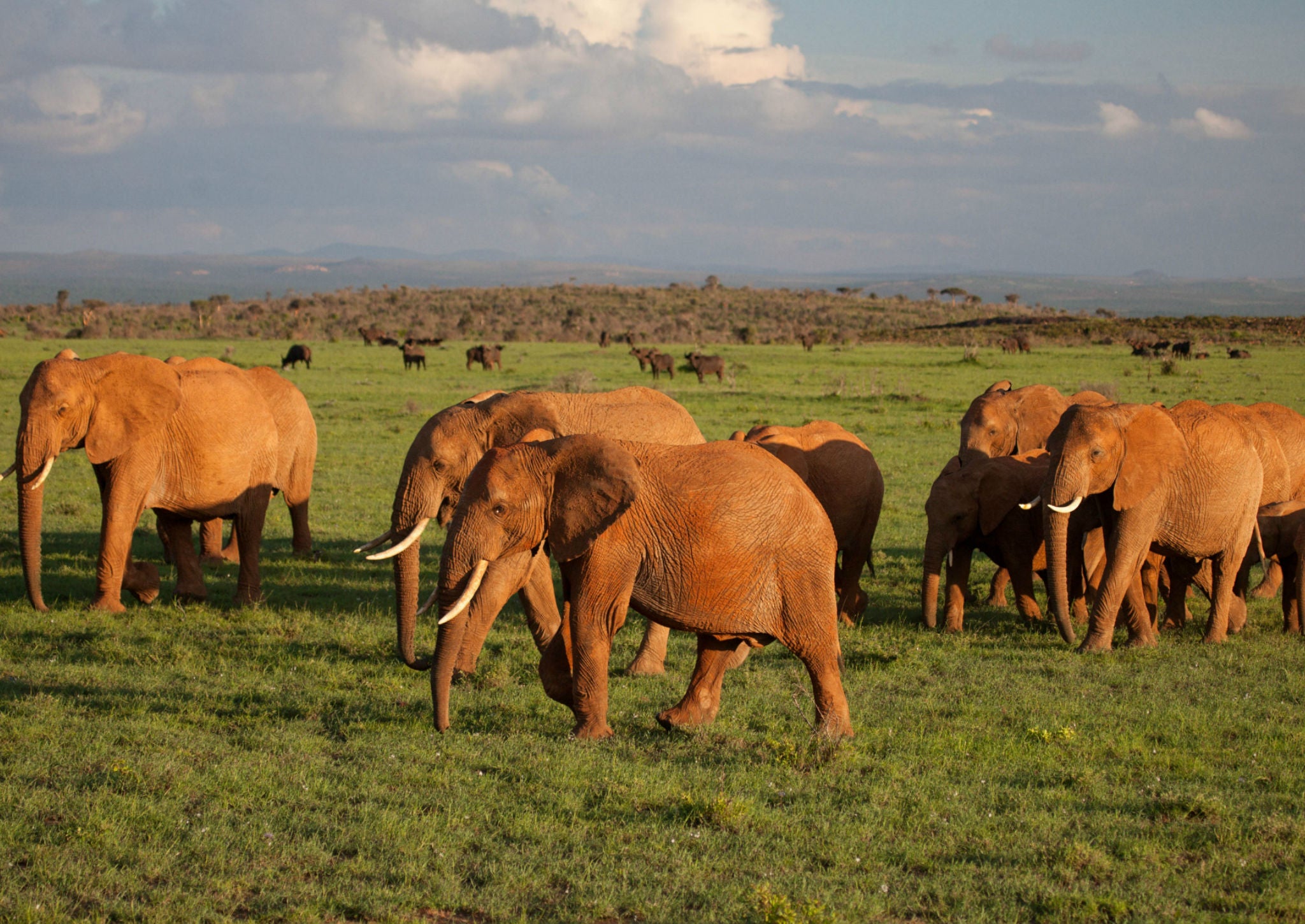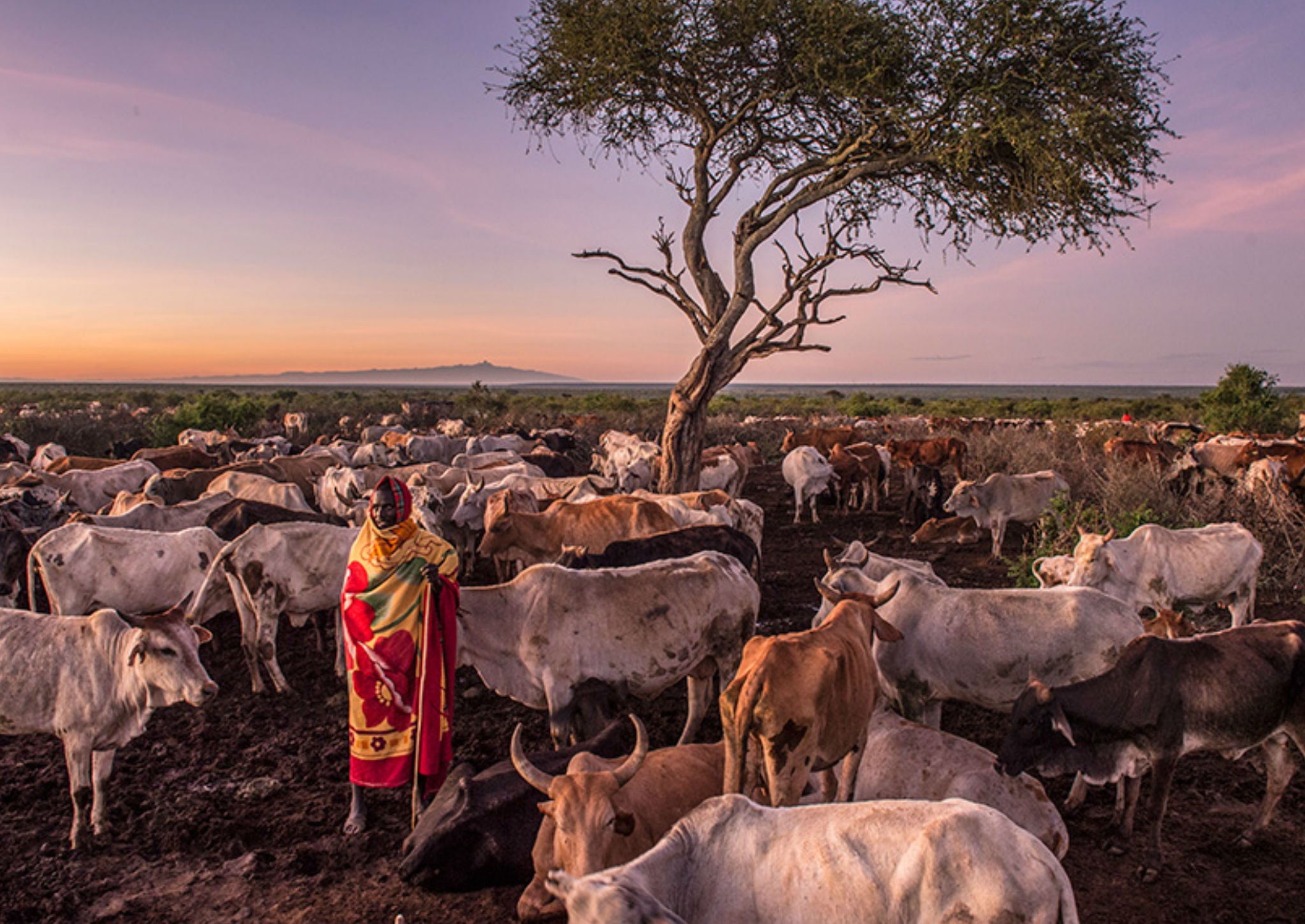Loisaba Conservancy: Where hope survives for the world's endangered elephants
Loisaba is home to the country’s second largest population of elephants, one of its few stable lion populations, and an abundance of other wildlife

The best way to protect wild animals is for the people who live among them to benefit from conservation. Loisaba Conservancy is an example of this – it is a breathtaking 56,000-acre landscape in northern Kenya's Laikipia County, which is being managed sustainably to conserve wildlife habitat and benefit local communities.
When the previous owners of the conservancy needed to sell the land, they received offers from developers, but understanding its conservation value, they agreed to sell it at a slightly reduced price. The Nature Conservancy (TNC) facilitated a real estate transaction to transfer the property to the newly established Loisaba Community Trust.
With the support of various groups and individuals, including the TNC and Space for Giants, Loisaba Conservancy protects wildlife, as well as benefitting local communities through jobs in ecotourism, improved schools and healthcare clinics, and managed grazing access.

Loisaba is home to the country’s second largest population of elephants, one of its few stable lion populations, and an abundance of other wildlife. In fact, more than 800 elephants spend significant time at Loisaba and the conservancy provides important habitat for more than 260 bird species and 57 mammal species, including zebra, wild dogs, leopard and cheetah.
Keeping Loisaba intact and healthy will secure many benefits for wildlife and people. Today, the conservancy employs 200 people from neighbouring communities, mostly in jobs related to ecotourism and ranching.
Loisaba also benefits local pastoralists who have access to graze their cattle and are able to participate in the Livestock to Markets program – a program that provides pastoralists with improved market access in exchange for their efforts to protect their lands and wildlife

Furthermore, revenue from ecotourism at Loisaba Conservancy is reinvested into neighbouring communities to help improve healthcare clinics and schools like the Ewaso Primary School, in Ewaso.

“By protecting Loisaba, we can enhance natural resource management and scale up existing enterprises on the property,” says Charles Oluchina, Director of Africa Field Programs, The Nature Conservancy. “Loisaba has the potential to earn a profit, making it a self-sustaining engine for peace, community development, and wildlife conservation. This is an innovative example of how Africa can both preserve its heritage and create economic opportunities for its people.”
On 29-30 of this month African heads of state, business leaders and conservationists will meet in Kenya at the inaugural Giants Club Summit to drive front-line protection measures and work out a co-operative frame-work for saving Africa's elephants. The Kenyan government will follow the summit by burning 105 tonnes of ivory, the largest ever amount to be burned in one go.
To find out more about The Giants Club Summit go to: spaceforgiants.org/giantsclub/summit

Join our commenting forum
Join thought-provoking conversations, follow other Independent readers and see their replies